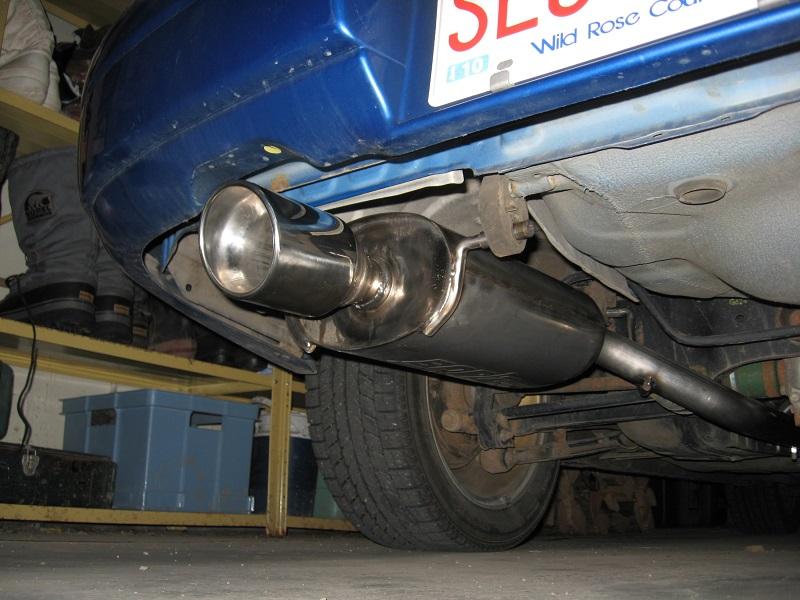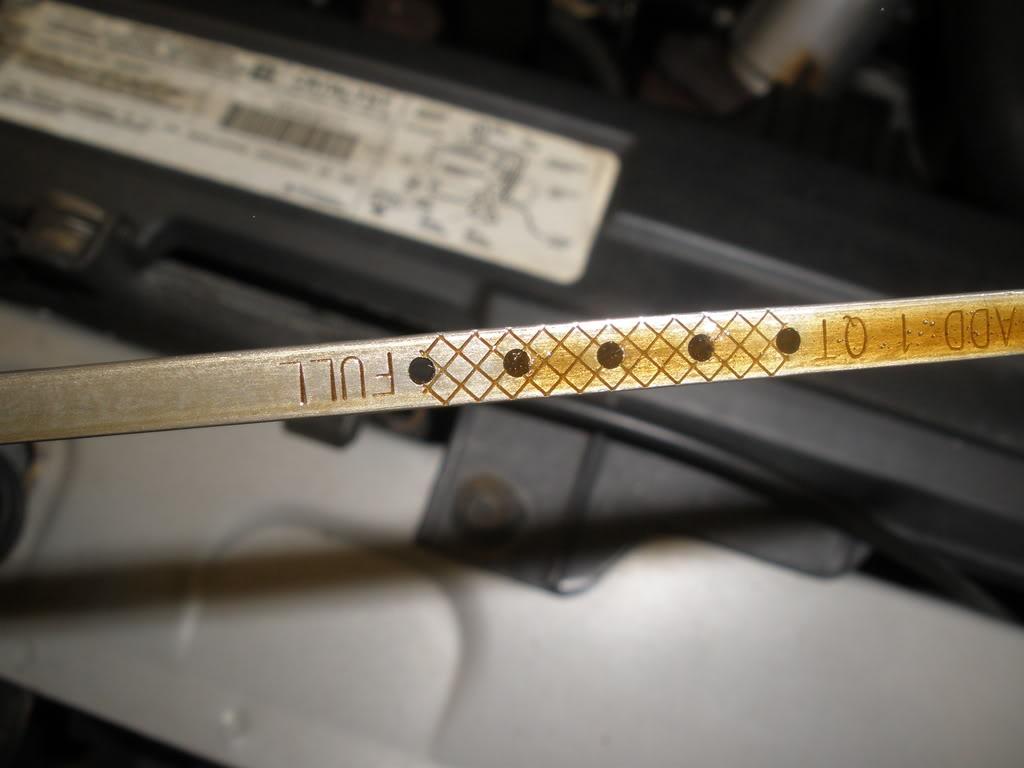
Can you hear rattles when accelerating? What causes a car to make a rattling noise? Why does my car make noise when accelerating? Can a timing belt cause rattling?
It’s not a major issue, but you would want to check it to rule out the obvious cause. A bad torque converter could be the origin of rattling sound when accelerating at low speed.

Rattling noise during acceleration can be caused by several different but common failures, including loose heat shields, bad belt pulleys and ignition pinging. Possible Causes of Engine Rattling Noises When Accelerating 1. Issues with the valve train.
Img source: Edfooliu Do you hear rattling noises similar to the sound of clinking. This solution is ideal for vehicles equipped with automatic transmissions. Transmission problems.
Engine rattling when accelerating can be a symptom of a problem with this timing belt. There are guides for engines with a timing chain. Both vehicles with a timing belt or a chain have a tensioning system to keep it snug and centered. Belt noise can mean the belt is worn or loose.
When the belt no longer moves smoothly along the pulleys, it makes a noise when the car is accelerating. The other noise you might be accustomed to is that of a loud exhaust system. Engine Knocking - Pinging - Rattling Noise - Common Causes Is your engine making an annoying knocking, pinging or rattling sound when you accelerate. The stress on your car while you accelerate can draw out noises you wouldn’t otherwise hear.
If your car makes a rattling noise when accelerating, it could be your engine is worn out with low oil pressure or piston slap. If you can hear a slapping sound that seems to increase in tempo as you increase your spee one of your tyres. If your gear stick is grinding while you’re shifting up through the gears, it could mean your clutch is worn.
A metal rattling sound when I accelerate from a slow speed or from a complete stop. The rattling sound is temporary and goes away when I reach - mph. Anymore acceleration to speeds beyond that do not make this sound. I also feels like something is holding down the acceleration of the vehicle during the time I hear that rattling sound.
A heat shield noise is a type of rattle you hear while your car is idling, or at a specific engine speed or RPM. Heat shields are metal plates along the exhaust system of your car that deflect heat away from the floor of your vehicle and other heat-sensitive components like fuel tanks, wiring, and brake lines. A loud squeaking or squealing noise while accelerating could mean there’s a problem with your engine belt. It could mean the belt’s loose or worn.
Or it could mean that one of the belt’s pulleys is starting to fail. A loud rumbling noise when accelerating might suggest there’s a problem with your exhaust system.
Your car can vibrate, shake, and create various types of noises for different reasons. One such problem is rattling noise when accelerating.
If it particularly happens when you accelerate the engine, You can pin down the problems of the common failures of several components. When you are accelerating the car, the exhaust pipe gets in contact with these items. And that’s what creates this rattling noise. Another possible reason for muffler noise is, there can be issues in parts that are not directly connected to the muffler.

My previous car had done the exact same thing when it was low on oil, so I knew that it was time to check my oil levels (something that you’re supposed to be doing once a week ;)). My car has an automatic transmission. I had to wait until the following day to see if I had.
It happens when outside temperature is about °C and more and engine is warmed up. Only the axle back exhaust was swapped. Sometimes sounds like the exhaust at the back. Dont seem to feel the vibrations, just the noise.
Could it be transmission?
No comments:
Post a Comment
Note: only a member of this blog may post a comment.